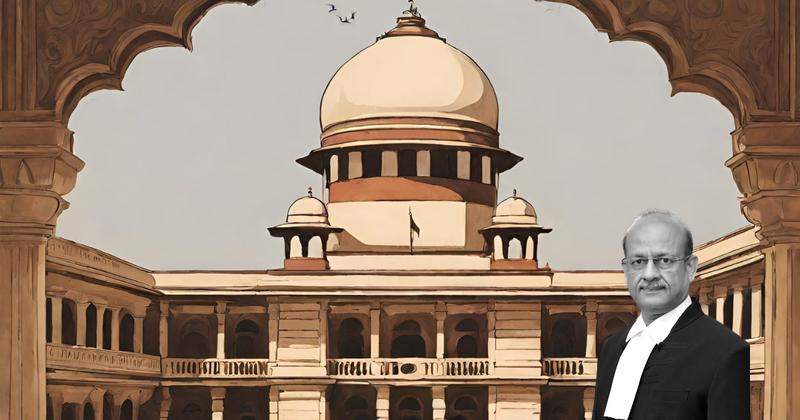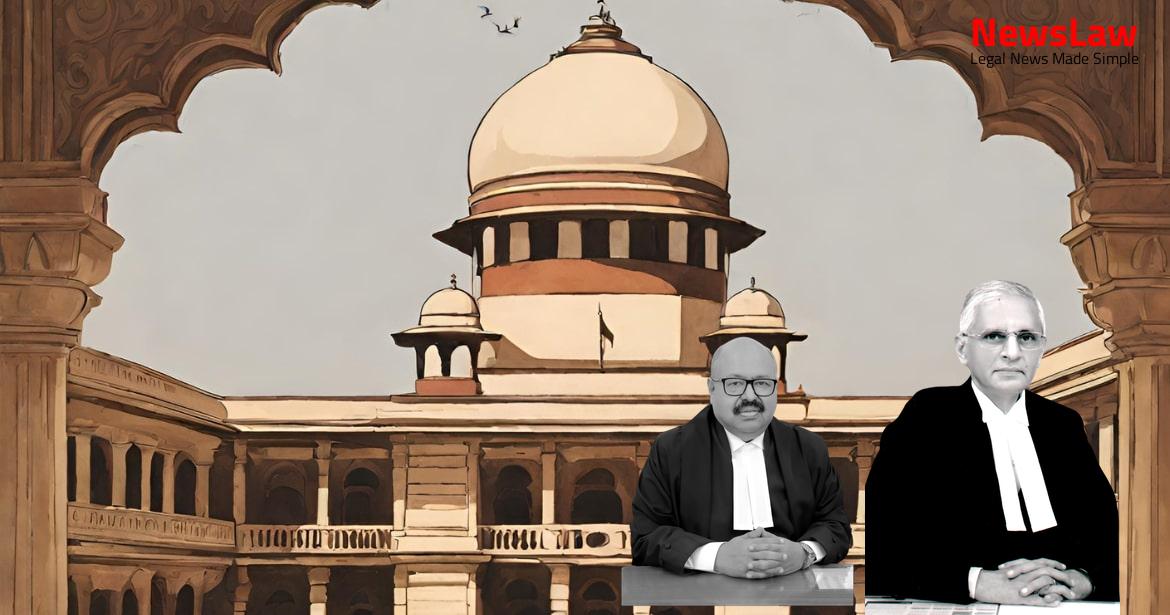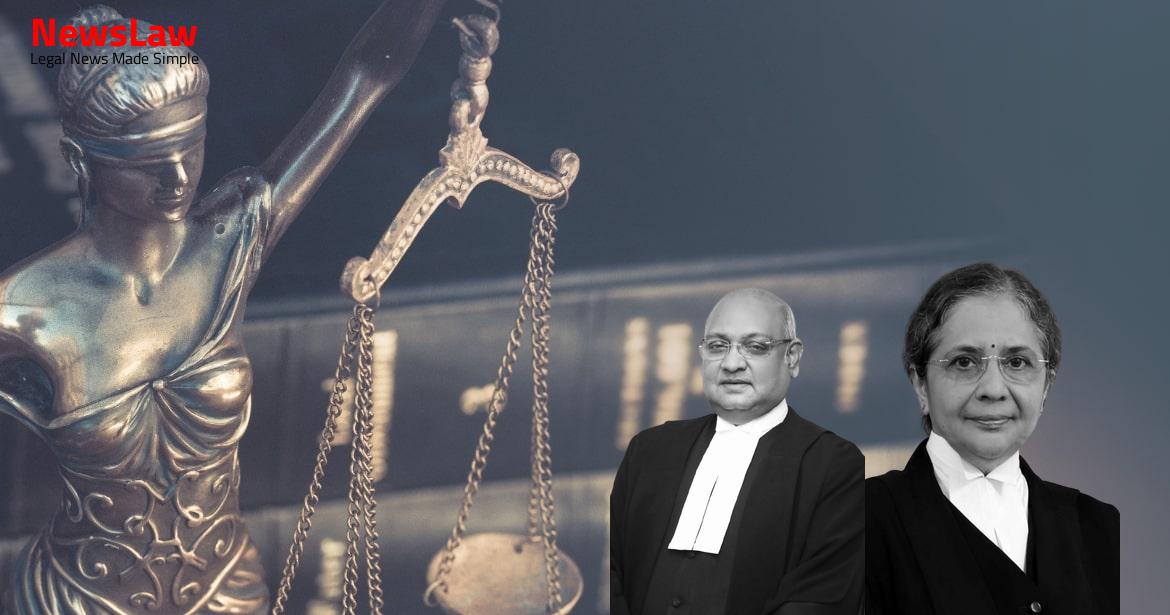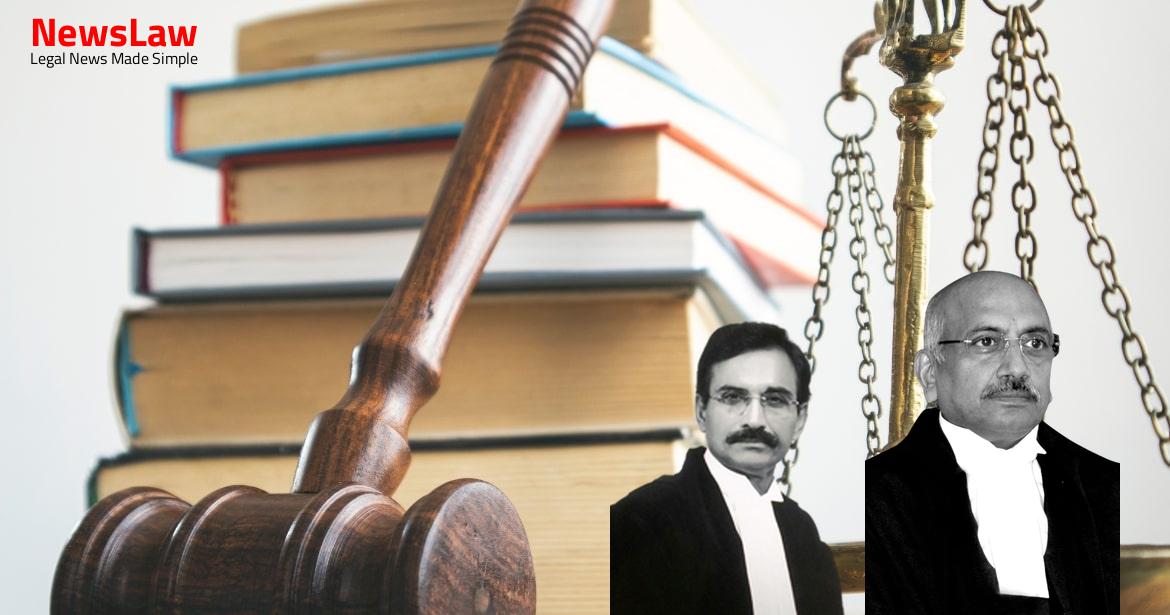This is a case where, on 15 March 2006, the present appellant, along with other co-accused, committed the murder of three persons.
Also Read: https://newslaw.in/case-type/criminal/disclosure-and-recovery-of-weapon-a-key-factor-in-conviction/
His other submission is that at the time of the commission of the offence, the age of the appellant was about 20 years, and on the date of the order of conviction passed by the Trial Court on 20 April 2010, his age was about 25 years.
After an application of mind, the High Court has confirmed the view taken by the Sessions Court, as far as the sentence of the appellant is concerned.
State of Karnataka, had an occasion to deal with the decision of the Constitution Bench of this Court in the case of V. In addition, the Constitution Bench held that power to impose a modified punishment of providing any specific term of incarceration or till the end of convict’s life as an alternative to death penalty, can be exercised only by the High Court and the Supreme Court and not by any other inferior Court.
However, when a Constitutional Court finds that though a case is not falling in the category of ‘rarest of the rare’ case, considering the gravity and nature of the offence and all other relevant factors, it can always impose a fixed- term sentence so that the benefit of statutory remission, etc.
Also Read: https://newslaw.in/case-type/civil/moratorium-application-in-insolvency-case/
By way of abundant caution and as per the prescribed law of the Code and the criminal jurisprudence, we can assert that after the initial finding of guilt of such specified grave offences and the imposition of penalty either death or life imprisonment, when comes under the scrutiny of the Division Bench of the High Court, it is only the High Court which derives the power under the Penal Code, which prescribes the capital and alternate punishment, to alter the said punishment with one either for the entirety of the convict’s life or for any specific period of more than 14 years, say 20, 30 or so on depending upon the gravity of the crime committed and the exercise of judicial conscience befitting such offence proved to have been committed.”
Hence, we have no manner of doubt that even in a case where capital punishment is not imposed or is not proposed, the Constitutional Courts can always exercise the power of imposing a modified or fixed-term sentence by directing that a life sentence, as contemplated by “secondly” in Section 53 of the IPC, shall be of a fixed period of more than fourteen years, for example, of twenty years, thirty years and so on.
We find from the record that at the time of the commission of the offence, the age of the present appellant was only 20 years.
Also Read: https://newslaw.in/case-type/criminal/legal-analysis-juvenile-justice-act-and-incarceration-period/
After weighing all the relevant factors indicated in paragraph 9 above, we are of the opinion that a modified sentence for a period of 30 years deserves to be imposed on the appellant.
Case Title: SHIV MANGAL AHIRWAR Vs. THE STATE OF MADHYA PRADESH (2023 INSC 371)
Case Number: Crl.A. No.-000814-000814 / 2023



